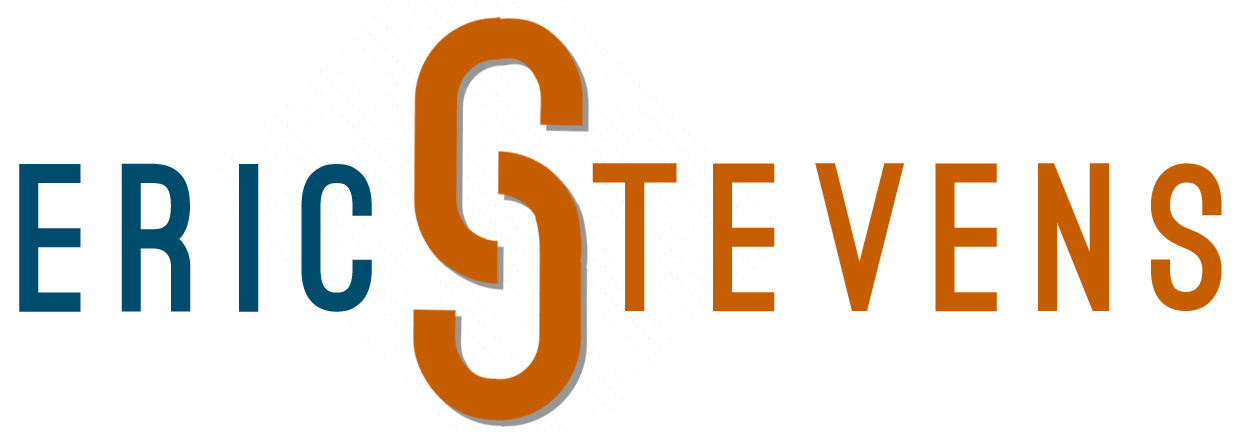When the bubble bursts
Almost twenty years ago in the spring of 2001, I was laid off from my dot-com start-up job. At that time, my parent company, CMGI was in a free fall. In 1999, CMGI had a market valuation of over 40 billion dollars, was on the Nasdaq 100, and was trading at over $160/share. When I was hired in the spring of 2000, my start-up company was still flying high with copious amounts of stock options for everyone, as many free beverages as you could drink, and even a real hardwood basketball court in the middle of our hip warehouse office. But by 9/11, CMGI was trading at less than $2 a share and my start-up a mere footnote in history.
In a way, I saw the bubble burst coming. As a dot-comer, while the technology market was in peril, I would go to work thinking “what do we actually do here?” We didn’t really produce, market, or even sell anything. So when I was called into a conference room that spring and given the news of my dismissal, I was hardly surprised. In fact, knowing that the worst was yet to come, I was actually a bit relieved - At least I had a severance and unemployment to count on. Still, with a car payment, a swanky downtown Seattle apartment, and what ended up being almost 9 months of not working, it was a pretty stressful time. Then 9/11 happened.
With the country on the brink of war, thousands dead, the twin towers in a heap of rubble, and the technology sector in ruin, things seemed pretty dire...at least for some. But for many, the dot-com bubble, 9/11, and the subsequent wars that followed were a sacrifice that only a small percentage of Americans directly endured.
Being in this minority triggered a natural human reaction for me personally – self-preservation. Navigating 2001 was a very much an inward journey of asking questions like “why me?” and “What am I going to do next?” During 2001, I largely focused on my own needs, wants, and dreams. I spent a lot of time ruminating on these subjects and fortunately I did eventually find some answers.
But whatever lessons I learned from that time, I’m not going to pretend that somehow qualifies me to speak about the current global crisis we find ourselves in. I’m not going to give you pointers about keeping a stiff upper lip, encouragement about getting back up, and or tell you that soon everything will be alright. The reality is we are in uncharted waters and no one really knows what life will be like on the other side (or when that other side will be).
What I can tell you about my experience during the dot-com bubble is that answers didn’t come easily and things didn’t change much for me for months after I lost my job. Most days back then I spent journaling at coffee shops, practicing martial arts, or aimlessly searching the want ads. But one day I had an idea - “What if I volunteered my time instead of simply using it to think about myself?” That volunteer gig at the YMCA of Metro Seattle turned into a paying job of over 5 years and blossomed in to a career of almost 20 years in fitness and wellness.
Naturally, I’ve been thinking about this pandemic and how it will impact my wife, our loved ones, and me. We’re conditioned to put on our own oxygen masks first and focusing on our own needs is a legitimate and appropriate reaction. But one thing that’s different about this crisis from a dot-com bubble, real estate crash, or even a war is the stark reality that this time around, everyone is affected in some way.
In the days, weeks, months, and even years ahead, it’s not just going to take careful planning, strategic thinking, and massive reinvestment, it’s going to take a willingness to put others first. That was the real lesson for me in 2001 - as important as my dreams, aspirations, and finances are, the world has needs that are even more important. Fortunately for us, when we can serve the world authentically and unselfishly, life also has a way of meeting our individual needs as well. Doing something out of pure, unselfish love is what creates a paradigm shift.
Like many people, I’m fearful about the present and apprehensive about the future. I’m not sure when all of the dust settles what my circumstances might look like, but I do know that right now there’s a tremendous need to express love to others, help my neighbors, and keep perspective that many are struggling much more than I am. My story from 20 years ago serves as an important reminder for me that the way forward is to consider more than just my own plight.
We all have a story to tell about loss, hardships endured, and perseverance. My wife was displaced for months by Hurricane Katrina and also lost her childhood home to Hurricane Rita. My Grandmother used to tell stories about what life was like during World War II where hundreds of thousands of Americans lost their lives in sacrifice to fighting tyranny. While millions fought and perished overseas, most sacrificed at home as well. Back home in Seattle, my Grandfather worked at Boeing as a foreman building bombers in 12-hour shifts for 365 days for four straight years. Citizens rationed everything from butter to gasoline. It was truly a group effort.
Whether it’s through the experiences of our ancestors or our own personal journeys, we’ve all been here in one way, shape, or form. What we need now more than ever is to see beyond ourselves. The way forward for each of us individually is to consider our neighbors. Whether rich or poor, black or white, liberal or conservative, we’re all in this together.
